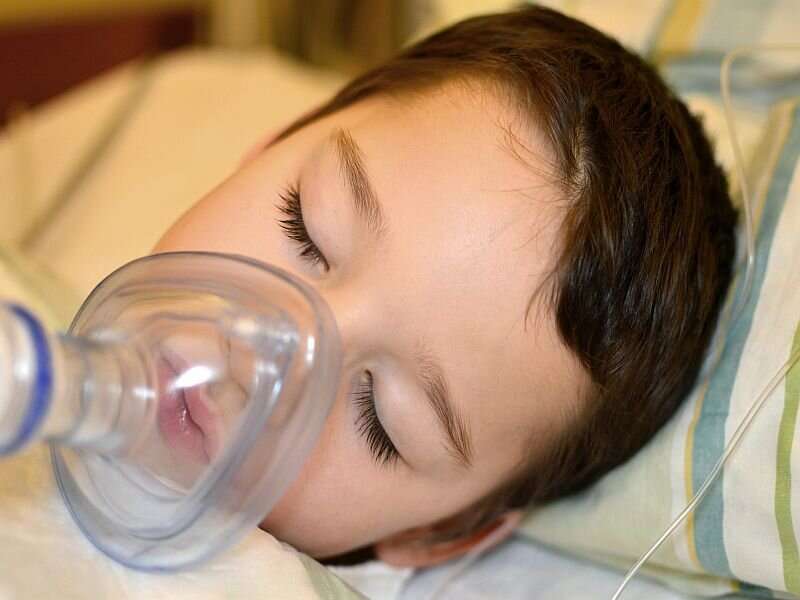
(HealthDay)—Low socioeconomic status (SES), high social vulnerability index (SVI), and racial/ethnic minority are associated with multisystem inflammatory syndrome in children (MIS-C), according to a study published online Feb. 18 in Pediatrics.
Karina Javalkar, M.D., from Boston Children’s Hospital, and colleagues conducted a retrospective case-control study at three academic centers from Jan. 1 to Sept. 1, 2020, to characterize the socioeconomic and racial/ethnic disparities impacting MIS-C. Cases of MIS-C were compared to five control groups: children with COVID-19, those assessed for MIS-C but did not meet case criteria, those hospitalized with febrile illness, those with Kawasaki disease, and children in Massachusetts. The associations for SES, SVI, and race and ethnicity with MIS-C diagnosis and clinical severity were examined.
Forty-three children were diagnosed with MIS-C: 44, 26, and 28 percent were Hispanic, Black, and White, respectively; 51 and 53 percent were in the lowest quartile for SES and the highest quartile for SVI, respectively. The researchers identified associations for lowest SES quartile (odds ratio, 2.2), highest SVI quartile (odds ratio, 2.8), and race/ethnic minority with MIS-C diagnosis. There were no associations observed for SES, SVI, or race/ethnicity with disease severity.
Source: Read Full Article
